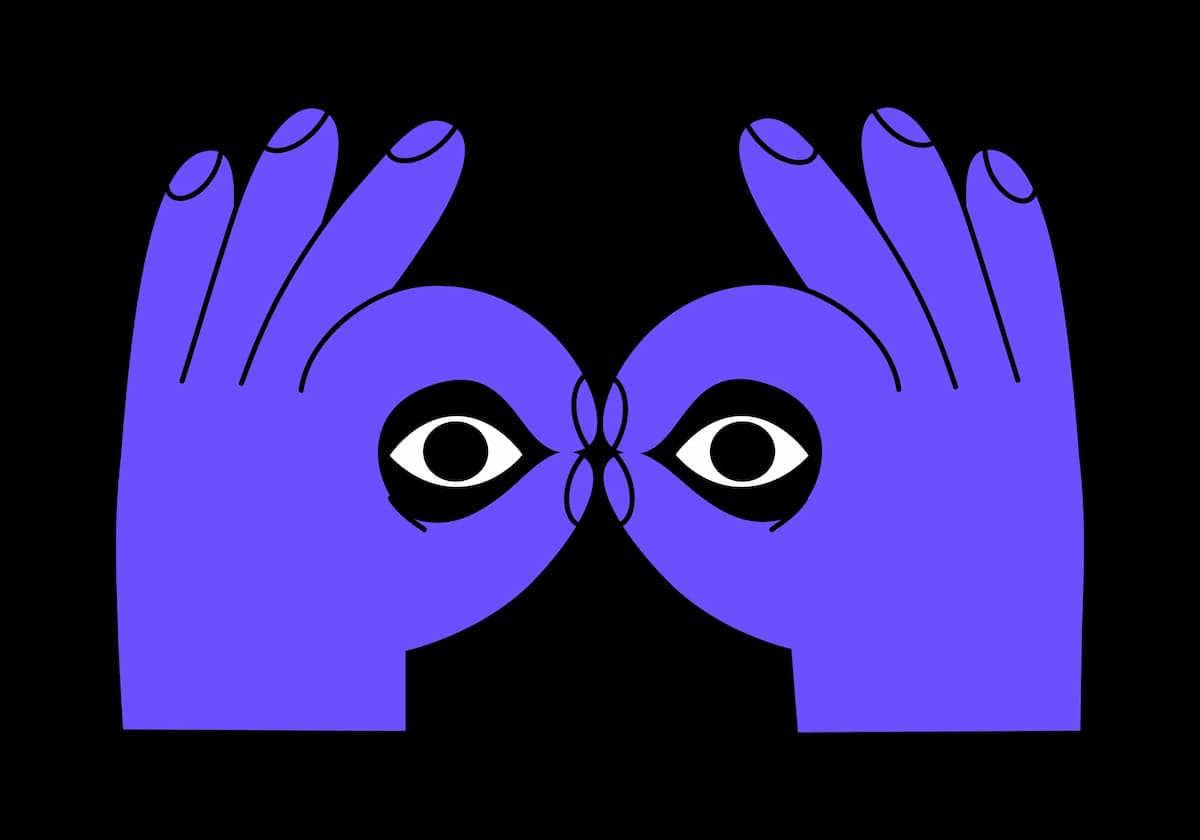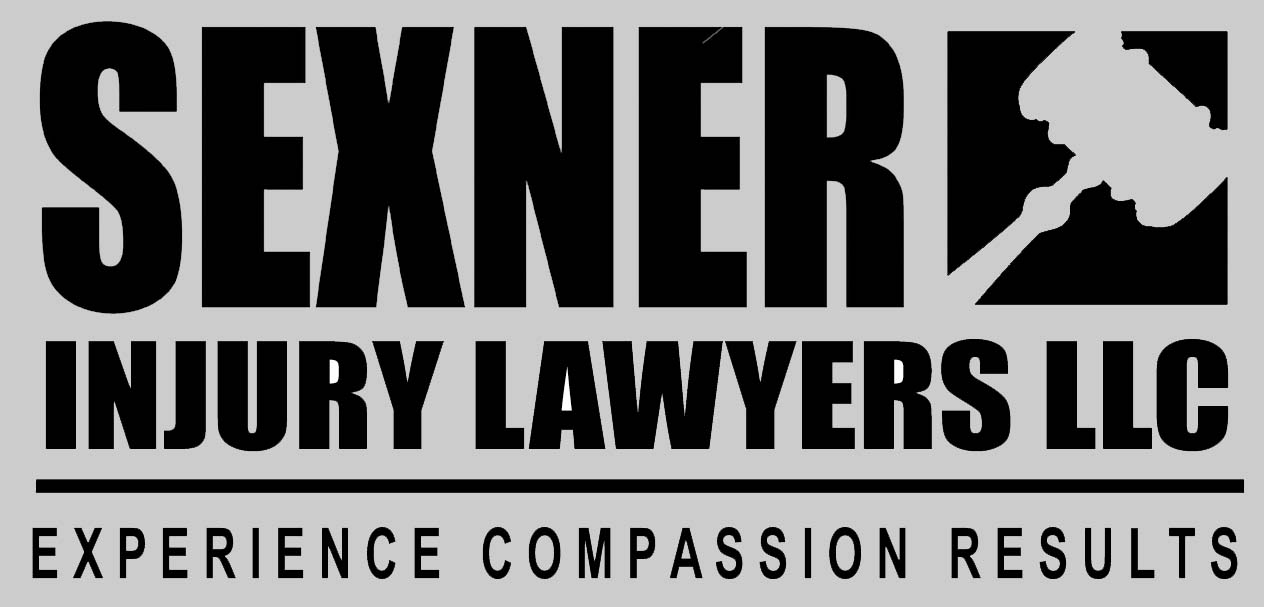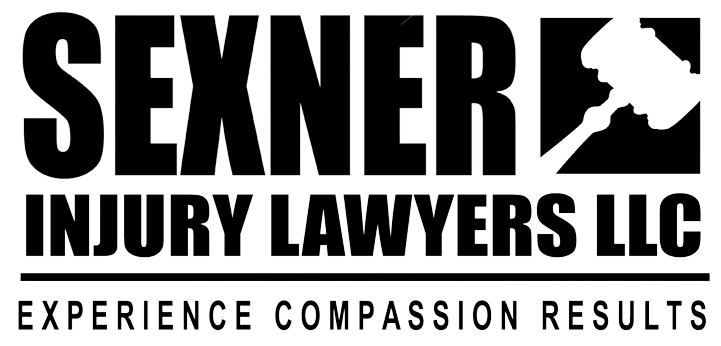Chicago Hidden Camera Lawsuit Attorneys: Important Things to Know if You Think You’ve Been Recorded on Hidden Video
What is a Hidden Camera?
 A hidden (or “spy”) camera is any recording device intentionally concealed to capture video (and sometimes audio) of people who don’t know they’re being recorded. These can be disguised as smoke detectors, phone chargers, clock radios, air-fresheners, ceiling vents, picture frames, or pinhole lenses embedded in walls and furniture. Recent investigations have found disguised cameras in bathrooms, changing rooms, medical facilities, spas, and short-term rentals, fueling criminal cases and large civil lawsuits. The legal team at Sexner Injury Lawyers LLC is a leader in representing victims across the country in cases involving hidden cameras and can be reached 24 hours a day at (312) 243-9922.
A hidden (or “spy”) camera is any recording device intentionally concealed to capture video (and sometimes audio) of people who don’t know they’re being recorded. These can be disguised as smoke detectors, phone chargers, clock radios, air-fresheners, ceiling vents, picture frames, or pinhole lenses embedded in walls and furniture. Recent investigations have found disguised cameras in bathrooms, changing rooms, medical facilities, spas, and short-term rentals, fueling criminal cases and large civil lawsuits. The legal team at Sexner Injury Lawyers LLC is a leader in representing victims across the country in cases involving hidden cameras and can be reached 24 hours a day at (312) 243-9922.
Is it Illegal to Hide a Camera in a Public Place?
Yes, when the location is one where people reasonably expect privacy (e.g., restrooms, locker rooms, changing rooms). Many states explicitly criminalize video recording in such areas. For example, the Illinois unauthorized video recording law makes it unlawful to place or use a device to make a video recording in restrooms, locker rooms, tanning salons, changing rooms, or hotel bedrooms without consent. Violations can be charged as misdemeanors or felonies with criminal penalties up to 7 years in the penitentiary depending on the circumstances.
Is it Illegal to Hide a Spy Camera in a Private Home or Business?
Generally, yes - if it records people in areas where they reasonably expect privacy (bathrooms, bedrooms, treatment rooms). Illinois law also forbids recording inside another person’s residence without consent—even using remote devices from outside. Inside your own business, visible security cameras in public-facing areas (e.g., a retail floor) are common, but covert cameras in restrooms, changing rooms, or employee locker rooms are typically illegal. Employers must also comply with wiretap/eavesdropping laws if audio is involved.
What Types of Public Places are Most Often Used to Hide Secret Cameras?
- Bathrooms and changing rooms in restaurants, malls, gyms, hospitals, and medical facilities. Multiple recent cases involve hidden devices in hospital or clinic restrooms and changing areas.
- Locker rooms and training facilities, including law-enforcement academies—spurring dozens of civil suits.
- Cruise ships and hotels/short-term rentals, where cameras have been found in cabin bathrooms and bedrooms.
- Spas and salons, where disguised smoke-detector or pinhole devices have been discovered.
Where do People Typically Hide These Cameras?
Common placements include: fake smoke detectors, sprinkler heads, air-vents, wall adapters/USB chargers, alarm clocks, picture frames, tissue boxes, towel hooks, sinks, stalls, showers, or changing benches and ceiling corners where a pinhole can “see” a large area. Recent cases have specifically involved fake smoke detectors and vent areas.
How Can I Tell if a Hidden Camera is Present?
- Scan the room slowly for out-of-place “electronics” (a new or mismatched smoke detector, an oddly placed charger, or a device aimed toward private areas).
- Look for lenses: use your phone flashlight to detect glass reflections from pinholes in walls, clocks, vents, or décor.
- Check mirrors and fixtures near changing areas.
- Network scan: use your phone to view connected Wi-Fi devices (though many cameras store locally).
- RF/IR sweepers: affordable detectors can sometimes spot transmitting devices or infrared LEDs.
These tips complement—not replace—law enforcement investigation. If you find something suspicious, don’t tamper with it; photograph it from a safe distance and call the police. (In recent matters in the news, quick reporting preserved crucial evidence.)
What Should I Do if I Think I Was a Victim of a Hidden Camera?
- Call police immediately and secure the area if possible; do not remove the device.
- Document what you saw (photos/video of the device in place) and write down dates, times, and witnesses.
- Seek medical/trauma support as needed.
- Preserve accounts or booking records (such as hotel/Airbnb reservation or spa receipt).
- Consult an experienced attorney such as Sexner & Associates LLC to discuss civil claims (intrusion upon seclusion, intentional infliction of emotional distress, negligence/premises liability, statutory privacy claims) and the possibility of a lawsuit to recover monetary damages for the embarrassment and trauma involved.
Is it the Responsibility of a Business to Check for Cameras?
Yes! Businesses owe invitees a duty of reasonable care to maintain safe premises. When cameras are discovered in inherently private spaces (bathrooms, changing rooms, treatment areas), plaintiffs commonly allege negligent security, negligent hiring/supervision/retention, and failure to inspect or respond to red flags—particularly where staff or contractors had access to install devices. Several current lawsuits target both the individual perpetrator and the facility for lapses in oversight.
Can the Person Who Hid the Camera be Criminally Prosecuted?
Yes. Prosecutors often charge unlawful video recording/voyeurism and related offenses (and, where minors are recorded, child sexual exploitation / production). Arrests and indictments have followed discoveries in hospitals, spas, rentals, restaurants, and on cruise ships. Penalties can include jail or prison, sex-offender registration in some jurisdictions, and forfeiture of devices.
What are the Laws in My State Regarding Hidden Cameras?
Laws vary from state to state, and over time laws themselves often change, so viewers should not consider these links as legal advice and should consult their state’s governmental resources for the most current laws.
| State | Law |
|---|---|
| Alabama | Alabama Code § 13A-11-32 |
| Alaska | Alaska Statute Annotated § 11.61.123 |
| Arizona Arizona | Revised Statute (A.R.S.) 13-3019 |
| Arkansas | Arkansas Code Title 5. Criminal Offenses, § 5-16-101 |
| California | Penal Code Section 647(j)(3) |
| Colorado | Colo. Rev. Stat. § 18-7-801 |
| Connecticut | Connecticut General Statutes § 53a-189a |
| Delaware | Delaware Code Title 11, Section 1341 |
| Florida | Florida Statute § 934.03, Florida Statute § 934.10, Florida Statute § 810.145 |
| Georgia | Official Code of Georgia Annotated (O.C.G.A.) § 16-11-62 |
| Hawaii | Hawaii Revised Statutes § 711-1111 |
| Idaho | Idaho Code § 18-6605 |
| Illinois | 720 ILCS 5/26-4 |
| Indiana | Indiana Code § 35-46-8.5-1 |
| Iowa | Iowa Code Section 709.21 |
| Kansas | Kansas Statutes Chapter 21, § 21-6101 |
| Kentucky | Kentucky Revised Statute § 526.020 |
| Louisiana | R.S. 14:283 |
| Maine | 17-A MRSA § 511, Title 33, § 2001 |
| Maryland | §§ 3-901, 3-902, and 3-903 |
| Massachusetts | Mass. Gen. Laws ch. 272, § 99 |
| Michigan | MCL § 750.539d / Surveillance, Eavesdropping, and Trespass Act |
| Minnesota | Minnesota Statute 609.746 |
| Mississippi | Mississippi Code § 97-29-63 |
| Missouri | Missouri Revised Statutes § 565.253 |
| Montana | Mont. Code Ann. § 45-5-223 |
| Nebraska | Neb. Rev. Stat. § 28-311.03 |
| Nevada | NRS 200.604 |
| New Hampshire | New Hampshire Revised Statutes Annotated (RSA) § 644:9 |
| New Jersey | Invasion of Privacy Act N.J.S.A. 2C:14-9 |
| New Mexico | New Mexico Statutes Chapter 30. Criminal Offenses § 30-9-20 |
| New York | Penal Law§ 250.45 (Unlawful Surveillance) and Labor Law§ 203-C |
| North Carolina | N.C. Gen. Stat. § 14-202 |
| North Dakota | North Dakota Century Code § 12.1-20-12.2 |
| Ohio | ORC 2907.08 |
| Oklahoma | Oklahoma Statute §21-1171 |
| Oregon | ORS 163.700 |
| Pennsylvania | 18 Pa. Cons. Stat. Ann. § 7507.1 |
| Rhode Island | Rhode Island General Laws § 11-64-2 |
| South Carolina | South Carolina Code Ann. § 16-17-430 |
| South Dakota | South Dakota Codified Law 22-21-1 |
| Tennessee | Tennessee Code Annotated (T.C.A.) § 39-13-607 |
| Texas | Texas Penal Code Section 21.15 (Invasive Visual Recording) |
| Utah | Utah Code Section 76-9-402 & 76-9-702.7 |
| Vermont | 13 V.S.A. § 2605 |
| Virginia Code | § 18.2-386.1 & Code § 18.2-130 |
| Washington | Privacy Act (RCW 9.73) |
| West Virginia | West Virginia Code §61-8-28 |
| Wisconsin | Wis. Stat. § 968.31 & Wis. Stat. § 995.50 |
| Wyoming | Wyo. Stat. Ann. § 6-4-304 |
Can a Business be Sued for Monetary Damages?
Yes. Victims routinely sue the facility and its owners/managers for intrusion upon seclusion, negligence/premises liability, negligent hiring/supervision/retention, and similar claims. Damages can include emotional distress, therapy costs, lost wages, and—in egregious cases—punitive damages. Previous clients of Sexner & Associates LLC have received monetary settlements and verdicts in excess of $40,000,000.
Some Recent Hidden Camera Lawsuits
- Reflexion Spa / Hinsdale, IL – An anonymous person tipped off the police that smoke detector and pinhole cameras were hidden in changing rooms and captured potentially hundreds of men and women in various states of undress.
- Flavor Frenzy / Addison, IL – Hidden cameras in in a fake electrical outlet captured children and adults naked or partially naked. Allegations are that the owner asked female victims to model T shirts, but to remove their bras first.
- Chili Pepper’s Tanning / Michigan -- Company with over 25 tanning locations accused of installing cameras and downloading or livestreaming videos of patrons by a manager.
- Northwell Health / Great Neck, NY -- As many as 13,000 people may have been victims of a Northwell Health employee who has plead guilty to associated criminal charges involving installing and recording patients in bathrooms and changing rooms.
- Memorial Hermann Medical Center / The Woodlands, TX – Former employee Robert Shrader has been accused of installing cameras in bathrooms including one in the Medical Surgical Unit. Hundreds of images were recovered.
- School of Dance & Music / Hermosa Beach, CA – Recording devices were found in several restrooms including one in a wicker basket which captured undressed children. Lawsuits allege that the owners failed to restrict access to the facility or properly inspect its bathrooms for such hidden devices.
- Comerica Bank / Almeida, CA – Bank manager accused of planting hidden cameras including one in a restroom and bank charged with failing to properly investigate.
- Royal Caribbean – In addition to allegations of rapes and sexual assaults while out at sea, lawsuits say that an employee of the cruise line installed hidden cameras under the sink in various State Rooms to film both adults and children undressing in the bathroom. The employee who is now in jail, also is alleged to have hidden under beds while passengers were in the shower in order to film them.
- Expedia / Seattle, WA -- A former employee was accused of planting numerous cameras in various bathrooms on the Seattle Campus capturing undressed vistors. Expedia’s security company, Securitas Security Services was sued saying that they failed to follow up on reports of these cameras.
- Airbnb /Scottsdale, AZ – A secret camera was discovered that was equipped with night vision and Wi-Fi by Airbnb guests and upon inspection showed clips of other guests in very intimate moments.
- State Police Academy / West Virginia -- Hidden video equipment was found in the women’s shower and locker room of both adults and children who took part in an academy program.
- Del Valle Opportunity Center / Del Valle, TX – A former custodian is alleged to have installed hidden cameras in multiple bathrooms of this High School and the District is accused of failing to notice these cameras which allowed this to go n for a period of years.
Contact a Legal Team with Extensive Experience in Hidden Camera Lawsuits
Hidden cameras in places of expected privacy are typically illegal across the country and laws ban them in bathrooms, locker rooms, changing rooms, tanning salons, hotel bedrooms, and other places as well as forbidding recordings inside another’s residence without consent.
Because tiny cameras are so easy (and inexpensive) to purchase these days, cases of illegal taping have grown exponentially in recent years. As a result, criminal charges against perpetrators and civil liability monetary lawsuits for facilities that fail to prevent or address this type of surveillance have grown in number as well. If you suspect you were recorded, contact our legal team immediately and speak with counsel about your options. Sexner Injury Lawyers LLC can be reached 24 hours a day at (312) 243-9922 for free confidential information.

